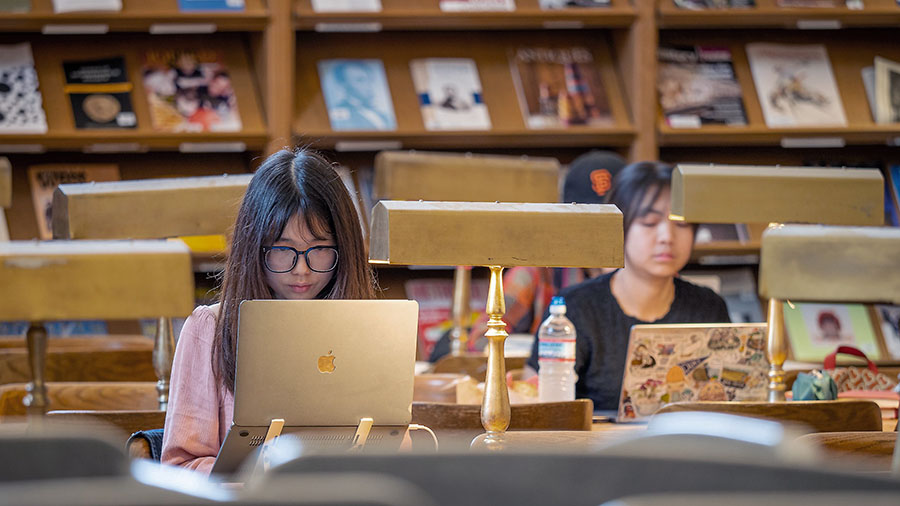Back-to-school spending is forecasted to climb 12.4 percent, while back-to-college shopping will increase about 27 percent in 2023 as both tiers reach recording spending levels, according to the annual survey released by the National Retail Federation* (NRF) and Prosper Insights & Analytics.
Back-to-school spending is expected to reach $41.5 billion, up from $36.9 billion in 2022 and the previous high of $37.1 billion in 2021. Back-to-college spending is expected to hit $94 billion, about $20 billion more than last year’s record.
“Back-to-class shopping is one of the most important consumer shopping occasions of the year. Our research for 2023 shows American consumers are eager to jumpstart their back-to-school and college purchases early,” NRF President and CEO Matthew Shay said. “Retailers have been preparing for months to ensure they are well stocked with essential items that families and students need for the school year.”
Shopping in preparation for the first day of school has been underway as of early July; more than half (55 percent) of consumers buying for back-to-class said they had started shopping, which is on par with 2022, but up from 44 percent in 2019. The spending also aligns with consumers shopping earlier, timed with major spending events, like Amazon Prime Day. However, 85 percent of respondents said they have at least half of their shopping remaining.
Families with Kids in elementary school through high school responded to the survey that they plan to spend an average of $890.07 on back-to-school items this year, approximately $25 more than 2022’s record of $864.35 and a new high. The increase is primarily driven by greater demand for electronics, as 69 percent of back-to-school shoppers expect to buy electronics or other computer-related accessories this year, up from 65 percent in 2022 and the highest in the survey’s history. Total spending on electronics is expected to reach a record $15.2 billion. As in past years, the top electronics consumers plan to purchase are laptops (51 percent), tablets (36 percent) and calculators (29 percent).
College students and their families are expected to spend an average of $1,366.95 per person, up from $1,199.43 last year and a record from the previous record of $1,200.32 in 2021. Since 2019, back-to-college spending has nearly doubled.
Forty-three percent of those respondents spending more than last year said it is because they need more new items, up from 32 percent last year. Another one-third (32 percent) attributed it to needing more big-ticket items, including a computer, phone, calculator, or dorm furnishings. Spending on big-ticket items like electronics and furnishings and necessities, including food, account for more than half of the increase in total back-to-college expenditures this year.
For all respondents shopping for back-to-school, the top destinations are online, department stores and discount stores.
“Even though consumers plan to spend more on school and college-related items this year, they are still looking to find the best value and deals,” Prosper Executive Vice President of Strategy Phil Rist said. “Consumers are stretching their dollars by comparing prices, considering off-brand or store-brand items, and are more likely to shop at discount stores than last year.”
*Since 2003, the NRF has conducted a comprehensive survey on back-to-class shopping trends. This year’s research included 7,843 consumers and was fielded between June 30 and July 6 with a margin of error of plus or minus 1.1 percentage points.
Photo courtesy Duke University
















